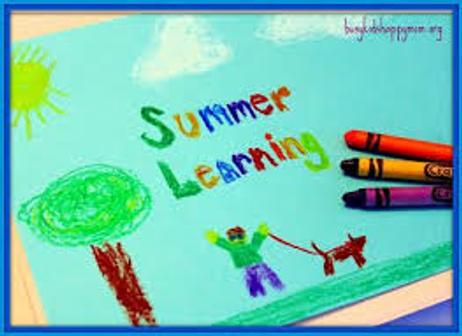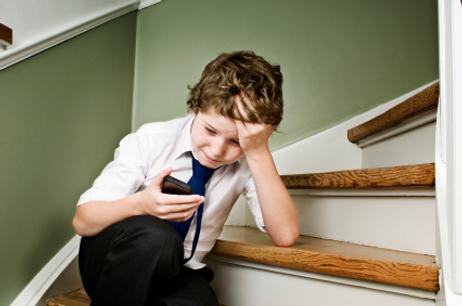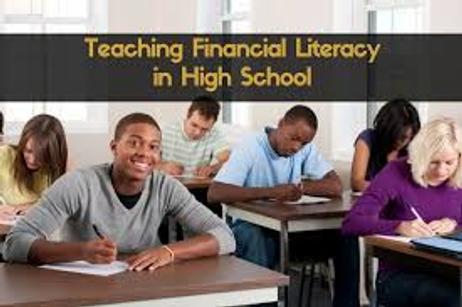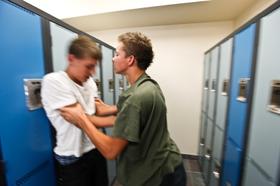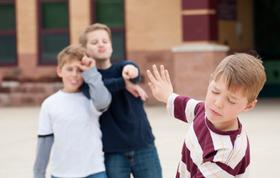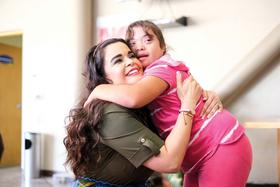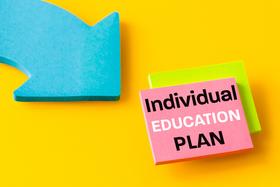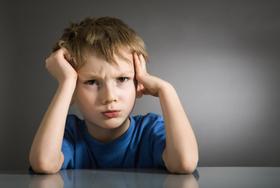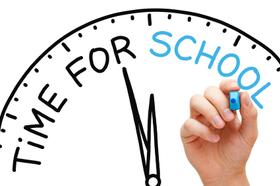Most kids approach summer vacation with gusto, filled with plans to enjoy the summer months without giving school a second thought. However, some parents and educators worry about what children won't be doing over the summer 鈥� such as math and reading activities that keep their minds sharp and ready to hit the ground running when school arrives again.
Summer learning loss is a very real phenomenon that has been documented by many reputable education and health care organizations. Fortunately, parents have options to prevent summer learning loss, ensuring their children are ready to hit the books again in the fall.
This video offers some ways to prevent summer learning loss.
What is Summer Learning Loss?
Summer learning loss is a phenomenon that occurs when children are out of the school environment for a significant period of time. During that absence, children can lose some of the skills they gained during the previous school year, particularly in the areas of math and reading.
According to an article on , facts about learning loss, as studied by Johns Hopkins University's Center for Summer Learning, include:
- Students suffer from learning loss when they do not participate in educational activities during the summer.
- Students lose an average of about 2.6 months of grade-level equivalency in math computation skills over the summer.
- Low-income students suffer from greater learning loss than those students in higher-income

